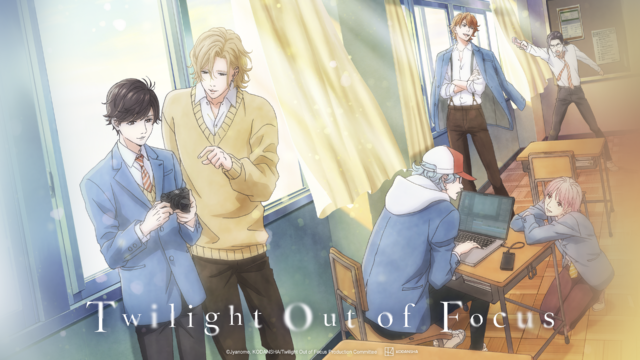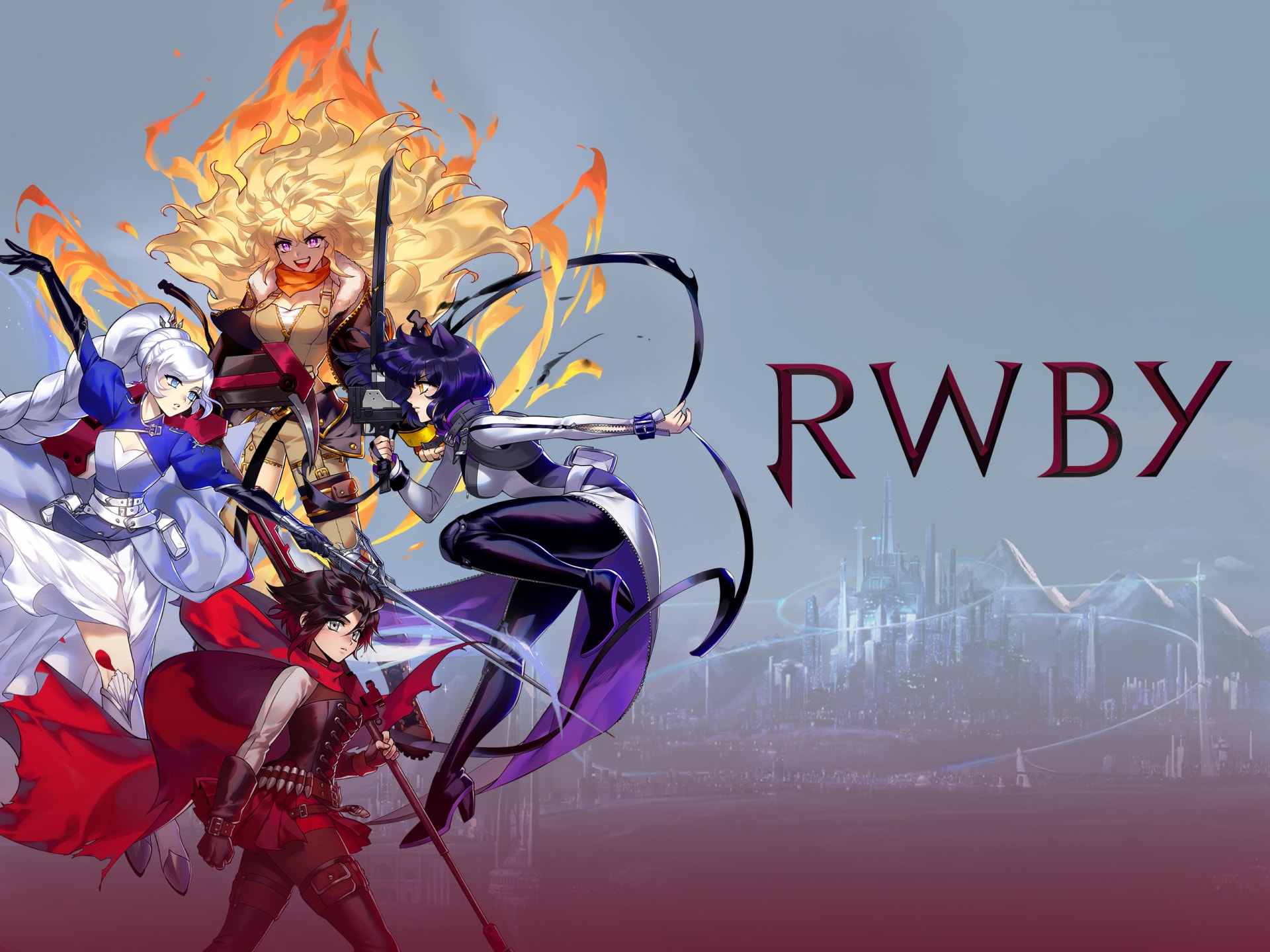Season Review: Pluto Season One
If you know anything about anything about the history of anime and manga, you’ve heard of Astro Boy, the seminal classic from the “God of Manga” himself, Osamu Tezuka. Tezuka’s work has had immeasurable influence and impact on both print and animation for over seventy years and going into it would be worthy of a full dissertation all on its own. But one person in particular who enjoyed his work was Naoki Urasawa, known for the chilling Monster and thrilling 20th Century Boys. One of Urasawa’s first experiences with manga was a small story arc in the Astro Boy manga, “The Greatest Robot on Earth”, which centered on a sultan commissioning the construction of a mighty robot named Pluto in order to fight and kill the greatest robots in the world, with Astro Boy on the list. Years later, once Urasawa was an accomplished manga creator in his own right, he went on to work with Tezuka’s estate to bring about a more grounded and gritty take on that story arc he read in his youth. Taking its name from the robot antagonist of the arc and injecting it with the murder mystery suspense of his previous stories, Urusawa’s Pluto would go on to be one of the most acclaimed manga of the last twenty years, and finally has an anime adaptation.
I felt the need to include that brief history lesson for added context, as well as to show how far this story has come and its lineage to the beginnings of the medium, but it is by no means required to enjoy the show itself with fresh eyes. Pluto the anime follows a few distinct character journeys, but mainly Gesicht, a robot detective is known as one of the Seven Greatest Robots on Earth, whom all have a connection to a tragic conflict known as the 39th Central Asian War. Suddenly, two of the seven end up dead and, along with a few notable human murders, are found with objects beside their heads like protruding horns. This begins a mystery on several fronts, both as they try to uncover the killer’s identity, but also how a robot was able to kill human beings, something unheard of in this society. As Gesicht continues his investigation, the histories and connections of the other six robots to the war also comes to the surface, including that of Atom, this story’s version of Astro Boy, and how his creator might have been involved. All the while, the bodies continue piling up, and Gesicht finds himself uncovering dark truths about those around him and even himself.
If there is a sole theme that Pluto focuses on at its center, it is hatred. How hatred motivates us differently than other emotions, the scars it leaves on us and others, how it can consume us and everyone around us, and how it may be vital to understanding humanity. Many characters are motivated by hatred caused by the aforementioned war, or prejudice against robots in human society, or simply because of the absurdness of their existence. The story ultimately admonishes hatred and tries to make a statement that it begets itself and only causes damage, but conversely does not dismiss its seeming usefulness. The title character, the killer robot in question, Pluto, is made powerful in no small part due to his own hatred, which is so massive that it envelops all of his targets in a lethal storm, to the point that even those that face him head on with hatred in their own hearts are unable to best him. Similarly, two characters find themselves at standstills at certain points in the story, paralyzed by infinite potential choices, but are only made able to focus by being given hatred. And while, spoilers, the bad guy is still defeated in the end, this does not negate the fact that hatred played a part in his defeat. It’s a bit of a puzzling way of handling its themes that I may need to discuss with others before coming to a conclusion on, but suffice it to say that Pluto as a story is very fascinated with the concept of hate.
But still, don’t let any of that dissuade you from watching this series. Format-wise, it’s eight episodes long, but unusually for an anime, each episode is close to our over an hour long, so it’s best to space it out to one or two episodes a day, both to not take too much of your time AND because the heaviness of the subject matter and plot will really need to breathe over the week as you watch. The Neo-Noir futuristic mystery of it all can easily pull you in on its own, but for fans of mecha anime like Gundam or simply cyberpunk like Ghost in the Shell, the added fantastical sci-fi adds a dash of flavoring to what is otherwise a bitter story, along with some pretty adept fantastical racism with how the story approaches bigotry towards robots in its world, all naturally tying into the central theme about hatred. And of course, those familiar with the Astro Boy mythos have already gotten quite a lot out of these gritty reinterpretations of characters from that story, though how well they’re adapted will be up to each viewer. This is most certainly one of, if not the best anime release Netflix has had all year, and a fitting tribute to one of the greatest artists in the medium. Please, I beg you, give it a watch. And then go watch Monster.


























Just cancel this bird already. The chicken is beyond cooked. It's burnt to a crisp.